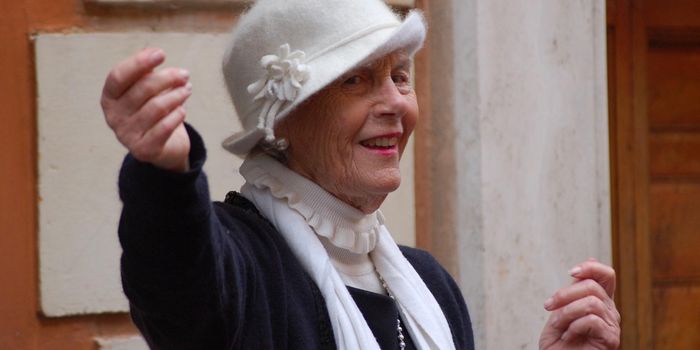The 2016 Nobel Prize in Physiology or Medicine has been awarded to Yoshinori Ohsumi for his influential work investigating the mechanisms of autophagy. From the Greek auto- (self) and phagein (to eat), autophagy (aw-
tof-uh-jee) refers to the fundamental cellular process for the degradation and recycling of cell materials.
"As a boy, the Nobel Prize was a dream, but after starting my research, it was out of my picture," Ohsumi told reporters in Tokyo. "I don't feel comfortable competing with many people, and instead I find it more enjoyable doing something nobody else is doing," Ohsumi continued. "In a way, that's what science is all about, and the joy of finding something inspires me."
Researchers first learned about autophagy in the 1960s, when it was observed that cells could envelop cellular components and transport them to an organelle called the lysosome where they are destroyed. Autophagy proved to be very challenging for scientists to study, that is until Yoshinori Ohsumi utilized baker’s yeast as a model. He was able to determine what genes were responsible as well as the mechanism of the process. He also showed that the process is very similar in human cells.
Before Ohsumi's work, scientists "didn't know what it did, they didn't know how it was controlled and they didn't know what it was relevant for," commented David Rubinsztein, deputy director of the Institute for Medical Research at the University of Cambridge. Because of Ohsumi’s advances, "we know that autophagy is important for a host of important mammalian functions."
When Ohsumi started his own lab in 1998, he was interested in studying how proteins are degraded by the vacuole. The vacuole is the yeast equivalent to the human lysosome, the cellular compartment for degrading stuff. Yeast cells presented a hurdle, however. In pioneering work, Ohsumi used yeast that lacked vacuole degradation enzymes while causing autophagy in the cells through starvation. Indeed, the vacuoles filled up with stuff that was not degrading. This awesome experiment demonstrated that autophagy happened in yeast and the yeast could be used as a model.
The groundbreaking discoveries of Ohsumi laid the foundation for an entire new area of research; autophagy has been shown to have relevance to a wide variety of physiological events from infection response to adapting to starvation as well as diseases such as cancer. Autophagy is critical to cells; it can quickly provide fuel that can be used for energy as well as supplying building blocks for cellular parts. That makes autophagy essential to how the body responds to stresses like starvation.
Autophagy can sequester and eliminate intracellular pathogens like viruses and bacteria. Autophagy plays a role in embryo development and cell differentiation - in which cells transform from a more general type to one that is more specialized. In another quality control function, autophagy also eliminates organelles and proteins that are damaged, making it influential in the aging process.
Autophagy is also being investigated as a drug target because of its role in many diseases. It has been linked to several diseases of the aged, including Alzheimer's, Parkinson’s disease and diabetes.
From the press release of The Nobel Assembly at Karolinska Institutet, “Autophagy has been known for over 50 years but its fundamental importance in physiology and medicine was only recognized after Yoshinori Ohsumi's paradigm-shifting research in the 1990's. For his discoveries, he is awarded this year's Nobel Prize in physiology or medicine.”
Source:
Nobelprize.org,
Phys.org









